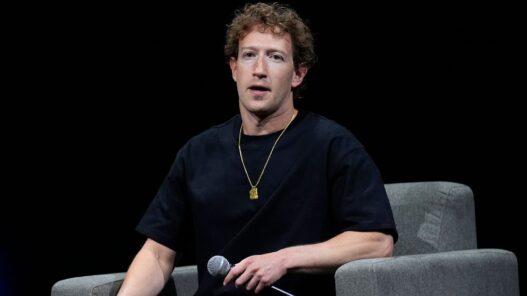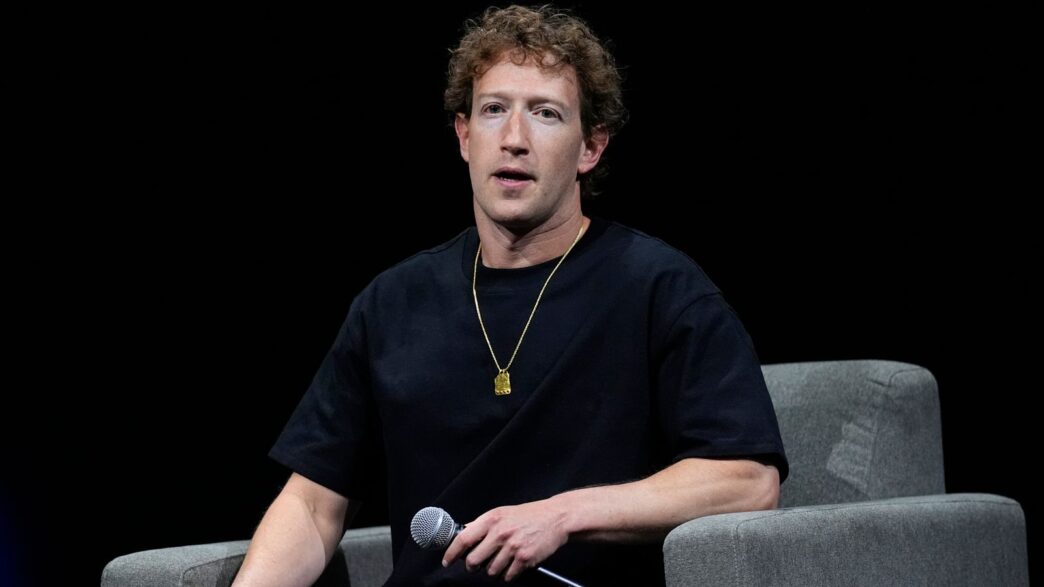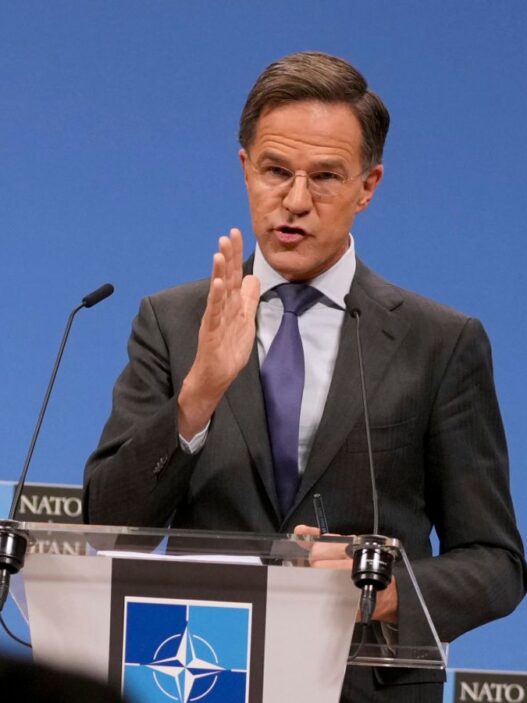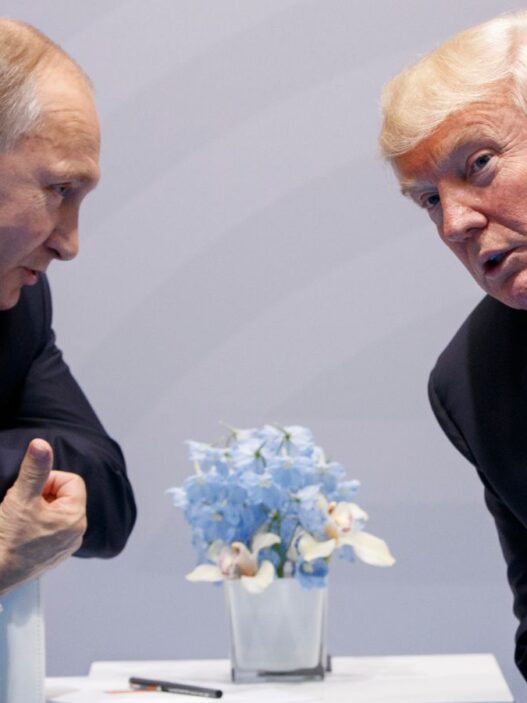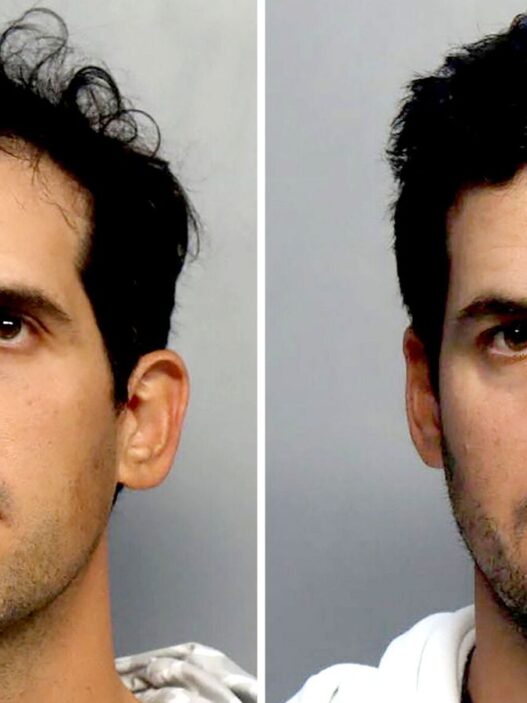Meta could be forced to sell Instagram and WhatsApp if it loses a landmark trial that just started in the US.
So, what is the social media giant accused of, and what could the court case mean for all of us?
What is Meta accused of?
The US Federal Trade Commission (FTC) is accusing Meta of buying Instagram and WhatsApp over a decade ago to neutralise its competition, in line with Mark Zuckerberg’s alleged 2008 directive that “it is better to buy than compete”.
When Facebook bought Instagram in 2012, emails read out in court show that Zuckerberg was worried about Facebook’s performance and that he thought Instagram was growing rapidly.
Instagram was the first company Facebook bought that was allowed to carry on running as a separate app – before then, it simply bought startups for their talented workers and then shut down the smaller company.
Two years later, it bought WhatsApp and ran that as a separate app too. Both sales were approved by the FTC at the time.
Meta denies the FTC’s claims and called the case a “weak lawsuit” that “ignores reality” – it says it faces plenty of competition from other social media companies.
“The evidence at trial will show what every 17-year-old in the world knows: Instagram competes with TikTok (and YouTube and X and many other apps),” said a statement from the company at the beginning of the trial.
Zuckerberg appeared in court as the first witness and told prosecutors he wanted to buy Instagram because of its camera technology, not because of its social network.
But the FTC’s lawyer read out messages from Zuckerberg back in 2012 where he talked about the importance of “neutralising” Instagram.
Why does it matter?
If the FTC is successful, Meta could be forced to sell Instagram and WhatsApp.
This may not have an immediate effect on how we use social media, according to Dr Steven Buckley, lecturer in digital sociology at City Saint George’s University, but in the long run, it could make social media easier to regulate.
“If [Meta] is split up, it’d be easier for legislators and therefore regulators to actually get a grip on some of the problems [of] the individual platforms themselves.
“Trying to get a legislative hold over those and making sure that they are serving their users correctly is going to be far easier.”
Read more from Sky News:
Sue the government, Sir Alan Bates tells Post Office victims
How did one of UK’s most shocking paedophile rings get away with it?
Man admits murdering two women in Christmas Day attacks
Whether the platforms themselves would change would depend on who purchased it, according to Dr Buckley.
An exodus like the one Elon Musk’s X saw in autumn last year could boost the membership of other smaller sites like BlueSky – but that would all depend on its owner.
“If it’s sold off to a polarising figure, an Elon Musk type or [tech billionaire] Marc Andreessen type, then yes, you could see people fleeing from Instagram to other potential competitors that would rise up.
“If it’s sold to just some random nondescript venture capital firm and they put a random CEO that no one’s ever heard of in charge of it, I don’t think you’re going to see anyone fleeing platforms like Instagram any time soon.”
Losing Instagram could also be catastrophic to Meta.
While the company doesn’t release app-specific revenue figures, advertising research firm Emarketer forecasts Instagram will generate $37.13bn this year, a little over half of Meta’s US ad revenue.
Instagram also generates more revenue per user than any other social platform, including Facebook, according to Emarketer.
The trial is expected to last two months after the FTC brought the case during Donald Trump’s first administration.
At the time, he was cracking down on big tech but since his return to the White House, Meta has brought itself more in line with the Trump administration’s wishes.
As well as relaxing the rules about what can be said on the platform, it also got rid of much of its content moderation in the name of free speech.

